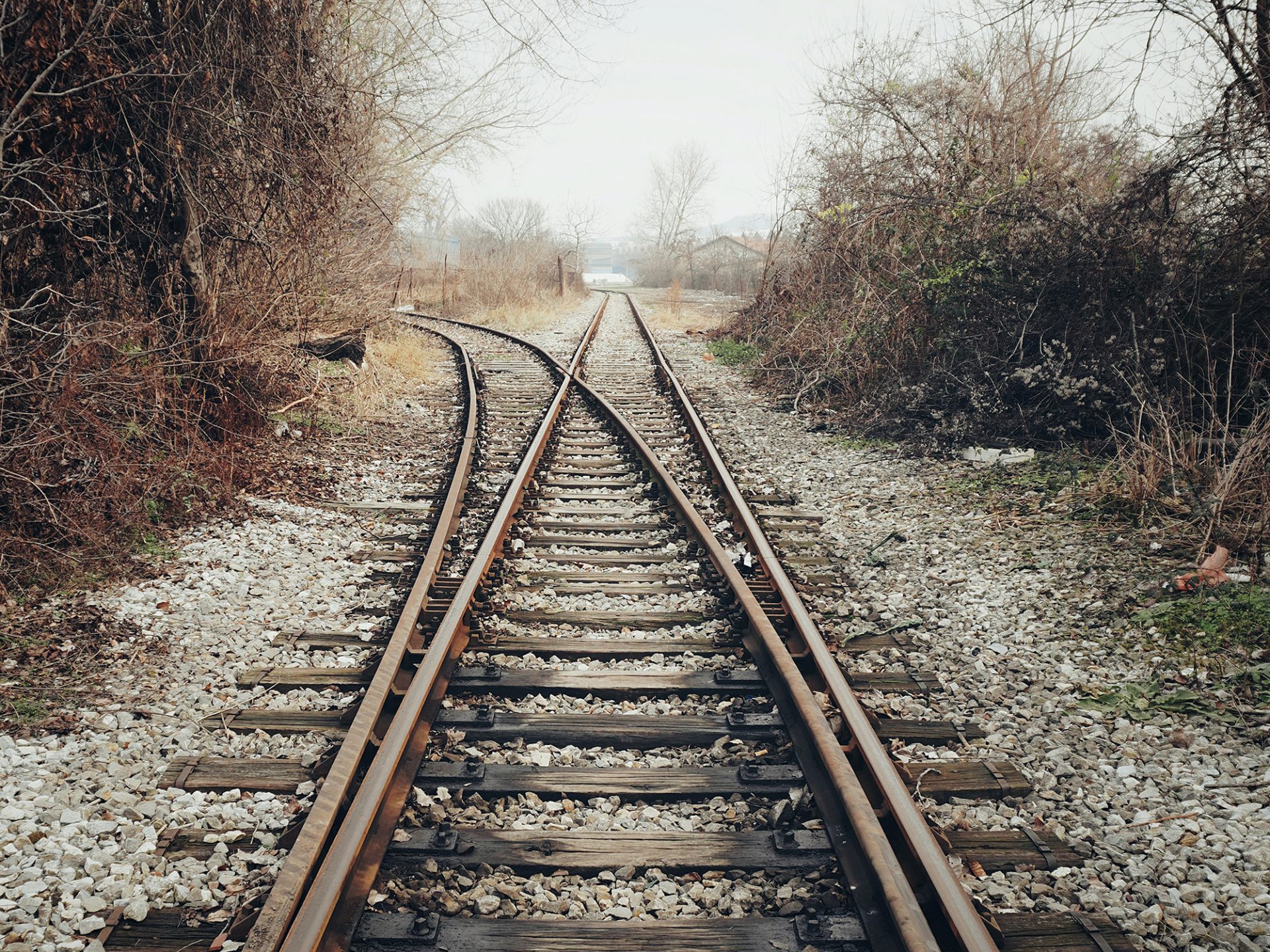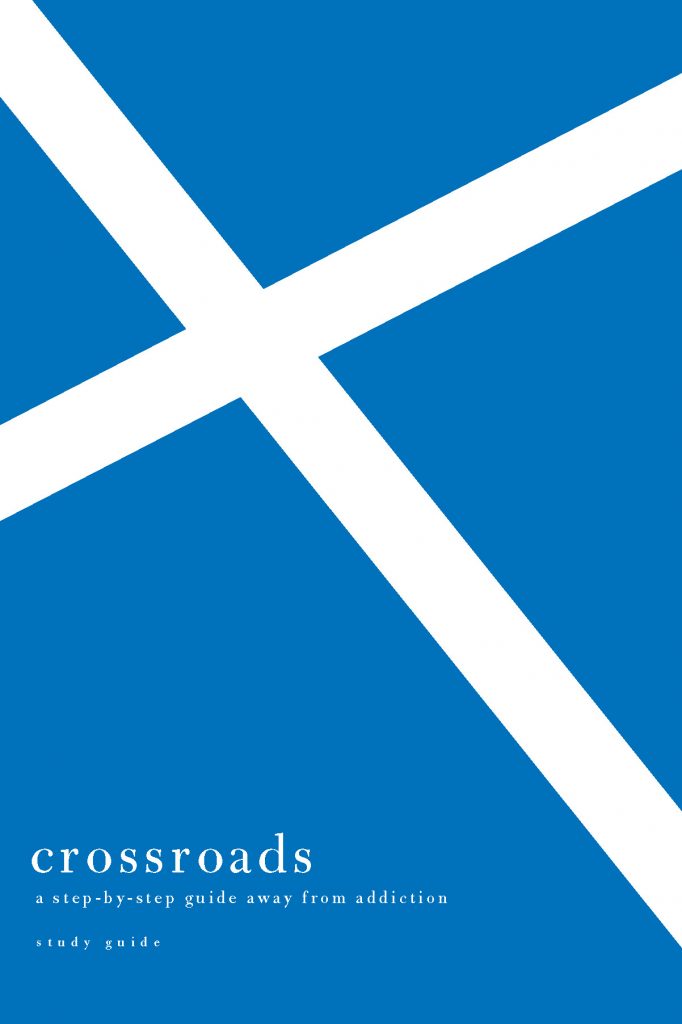Do any of these statements fit?
• You feel out of control. What began as an escape from the hassles of life has become hazardous. Something—drugs, alcohol, gambling, food, sex—is taking over. You feel like its slave.
• You still love your addiction, but it is no longer friendly. You think it is time for a change.
• You think it is time for change—you want to leave your addiction—but you aren’t sure how to change. You have already tried a few strategies, and they didn’t work.
• Someone told you that you’d better change.
• You are sick and tired of the lies, broken relationships, and nagging conscience that accompany all addictions.
• You are already off and running, already leaving your addiction behind.
Whichever fits, welcome to reality. You are closing in on it.
Reality is not as bad as you think. Yes, the world around you can be miserable at times. It can be miserable most of the time, as a matter of fact. You have known that misery. Otherwise, you wouldn’t have preferred an altered reality. But there is more to reality than what you see. Usually you are looking through glasses that are smudged, scratched, and out of focus, and things don’t look good. But reality—true reality—is better than you think.
Your addiction has taken you to the woodshed for a good whuppin’. At those times it is hard to see hints of beauty, goodness, justice, love, and joy, that are always peeking out of this life, but they are still there. Let me put it this way: What if you were invited to the greatest feast ever? What if you received a promise of great treasure? Would that be enough to lure you away from an addictive way of life? It, at least, would get your attention.
At times you are reluctant to give up your addiction, yet at other times you are sick and tired of being owned by something that is killing you, and you are ready to leave it behind. The problem at those times is that you simply don’t know how to get away. Every trail seems to loop right back to where you began. It is as though the object of your addiction sucks you into its gravitational pull and there is no defense against it.
A few points before you get started.
First, your struggle is a common one.
Don’t begin with the idea that your experience is out of the ordinary. It is, of course, unique—no one completely understands your struggle (not even you). Still, we are all cut from the same cloth. All of us, if we are truly honest, would have to acknowledge a familiarity with that tug of addictions. A lot of wanting is in the human heart. The desire for drugs, alcohol, sex, and food are the more dramatic ones, but they aren’t fundamentally different from our cravings for comfort, significance, relationship, money, love, and so on. Try to find one person who has successfully and consistently said no to any of those wants. You won’t succeed.
If you consider yourself a special case—the worst addict, the most victimized—stop and think about what you are really saying. Right below the surface is the idea, Whatever worked for other people is not going to work for me. And right below that idea is the private thought, I am not going to change.
You might be saying, “I can’t change.” You are afraid to get your hopes up for what could be another failure. Or you might be saying, “I won’t change.” You virtually dare people and programs to take their best shot at you so you can show them that they are not as good as advertised. Either way, you have already decided that nothing will help. You are certain that you are not normal, so normal treatments won’t help. You may genuinely hope that something will come along and be the answer, but you suspect it never will.
Second, the path you will be traveling has much to do with God.
That should come as no surprise. Books about addictions always say something about God. But much more is happening between you and God than you may think.
• You will be surprised to learn how you avoid him.
• You will be surprised to learn how he pursues you.
• You will be surprised that you know him more than you think.
• You will be surprised that you know him less than you think.
If you find yourself shutting down when the conversation turns to God, don’t just wait for the conversation to move to something else. When you shut down at the mention of someone’s name, the issue is not that he is irrelevant to you. The issue is that he is more relevant to you than you are comfortable with. Take a quick look, and you will probably find a history of misunderstandings and fractures in the relationship. Your addictions are linked to your relationship to God more than you realize. You can’t ignore that.
Third, if at all possible, do this work with someone else.
Addictions are private, so doing this in public is a way to take a stand against your addiction. God has always planned for people to live and grow in a community, where we give and receive, pray for others and get prayed for, and learn wisdom and offer it.
The image of the banquet comes from the book of Proverbs. Just insert “Addiction” for “The woman Folly” and it will make sense.
The woman Folly [Addiction] is loud;
she is undisciplined and without knowledge.She sits at the door of her house,
on a seat at the highest point of the city,calling out to those who pass by,
who go straight on their way.“Let all who are simple come in here!”
she says to those who lack judgment.“Stolen water is sweet;
food eaten in secret is delicious!”But little do they know that the dead are there,
(Proverbs 9:13–18, emphasis added)
that her guests are in the depths of the grave.
Vivid, accurate, and tragic. Addictions lure you. They look attractive until the lights are turned on and you see the ugliness, horror, and death swirling around you. This is not the banquet you were hoping for.
A Different Invitation
But Dame Folly’s banquet in the grave isn’t the only banquet. There is another one. The God has invited you to The Banquet. This banquet is in his honor, and he has picked up the tab so you can come. Who would have thought? The treatment for addictions is to want something better than your addictions.
“Come, all you who are thirsty,
come to the waters;
and you who have no money,
come, buy and eat!
Come, buy wine and milk
without money and without cost.Why spend money on what is not bread,
Isaiah 55:1–2
and your labor on what does not satisfy?
Listen, listen to me, and eat what is good,
and your soul will delight in the richest of fare.”
Inviting, isn’t it?
Excerpt adapted from Crossroads: A Step-by-Step Guide Away from Addiction © 2008 by Edward T. Welch. May not be reproduced without prior written permission.
Browse books by Ed Welch here.
Crossroads: A Step-by-Step Guide Away from Addiction
Every one of us is a potential addict. In a pressure-filled world, the prospect of instant escape can be exhilarating. No matter the object-drugs, alcohol, food, gambling, or sex, just to name a few-addictions lure us. They extend the promise of pleasure. In the end, they deliver emptiness, death, and destruction. What began as an escape from the hassles of life becomes a form of bondage. Addiction is a voluntary slavery. Change doesn’t come easily. But change is possible!






